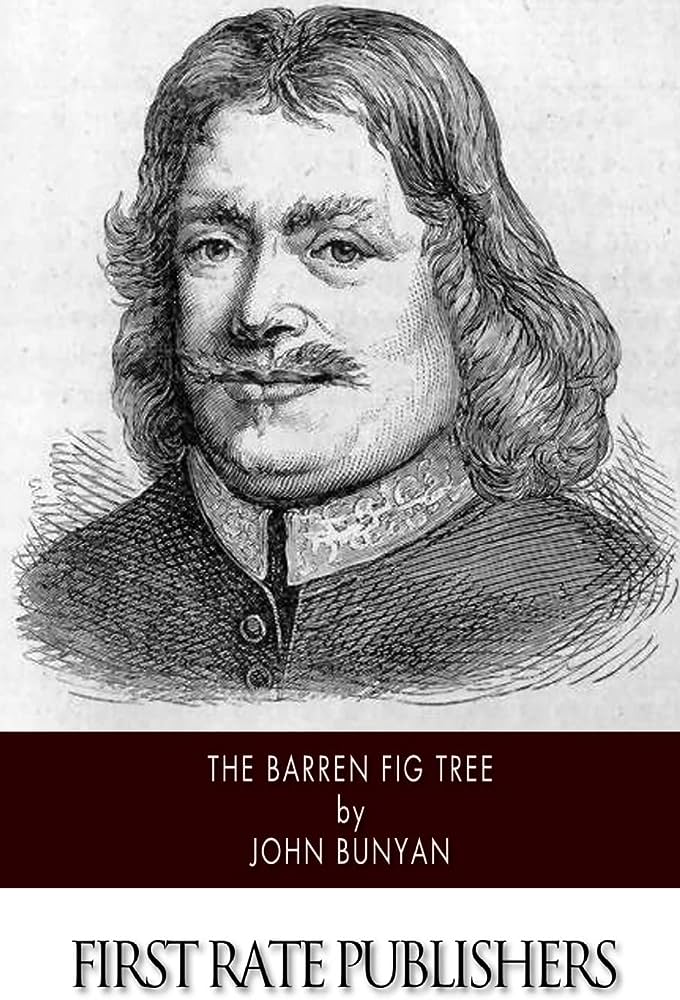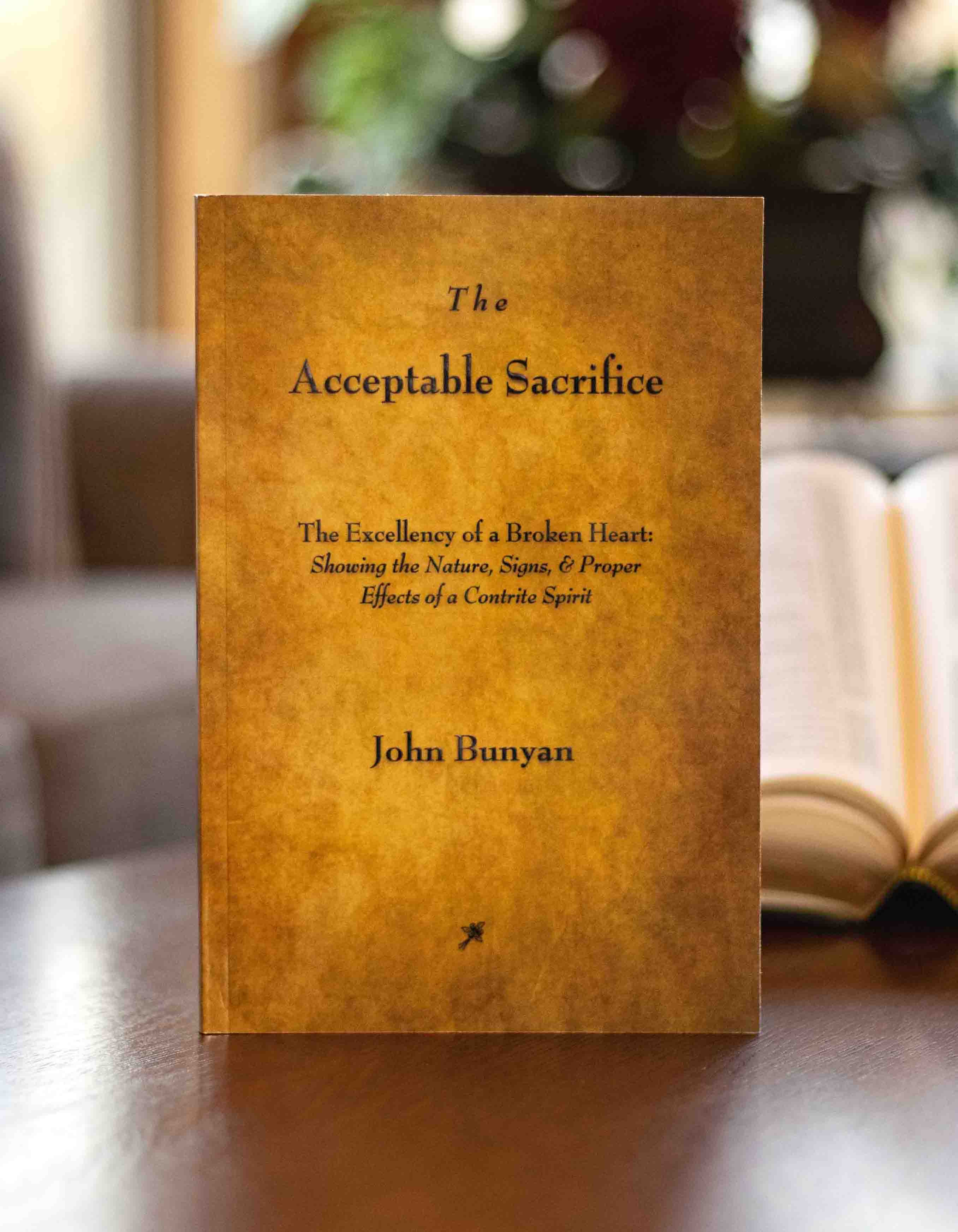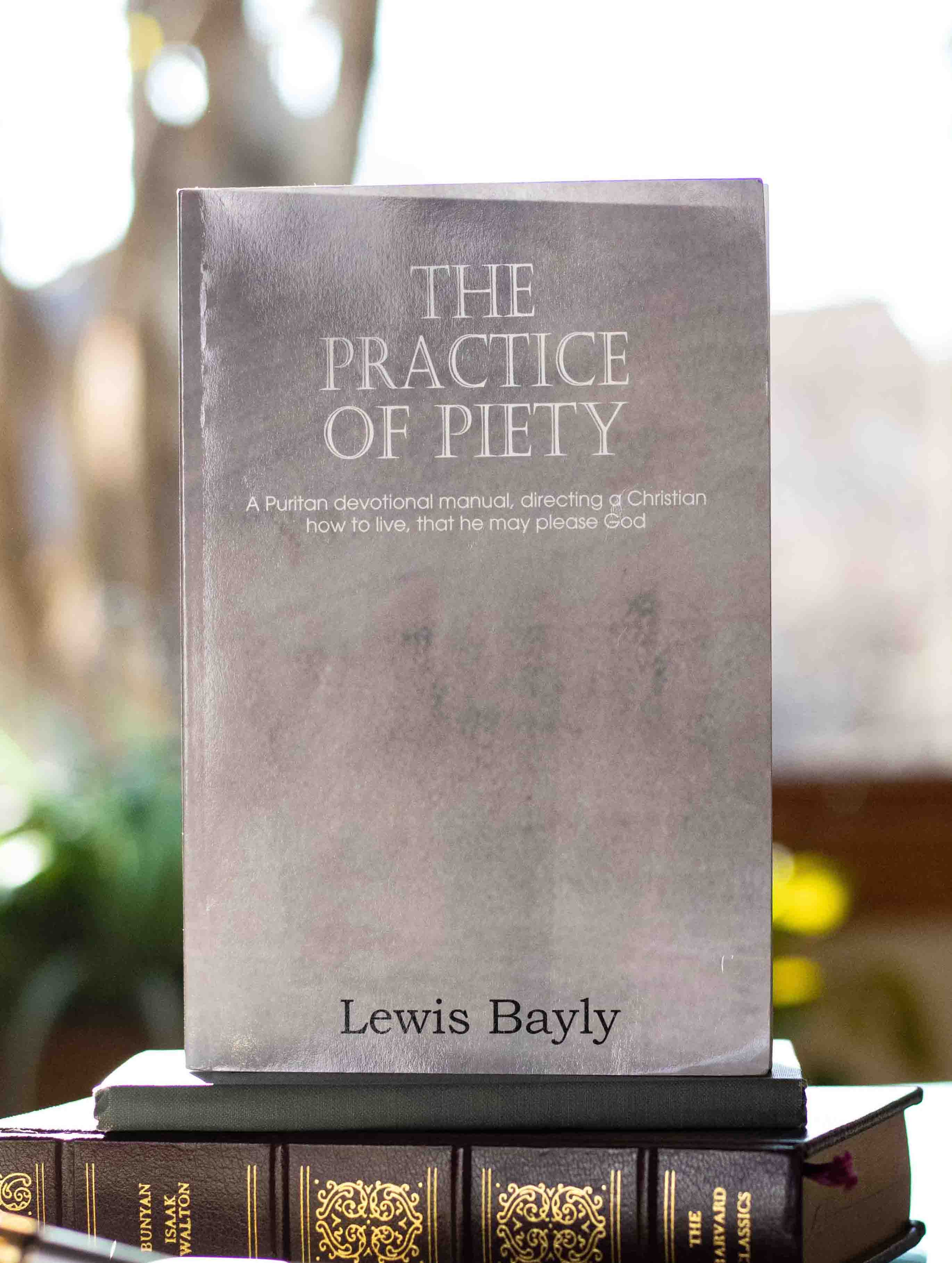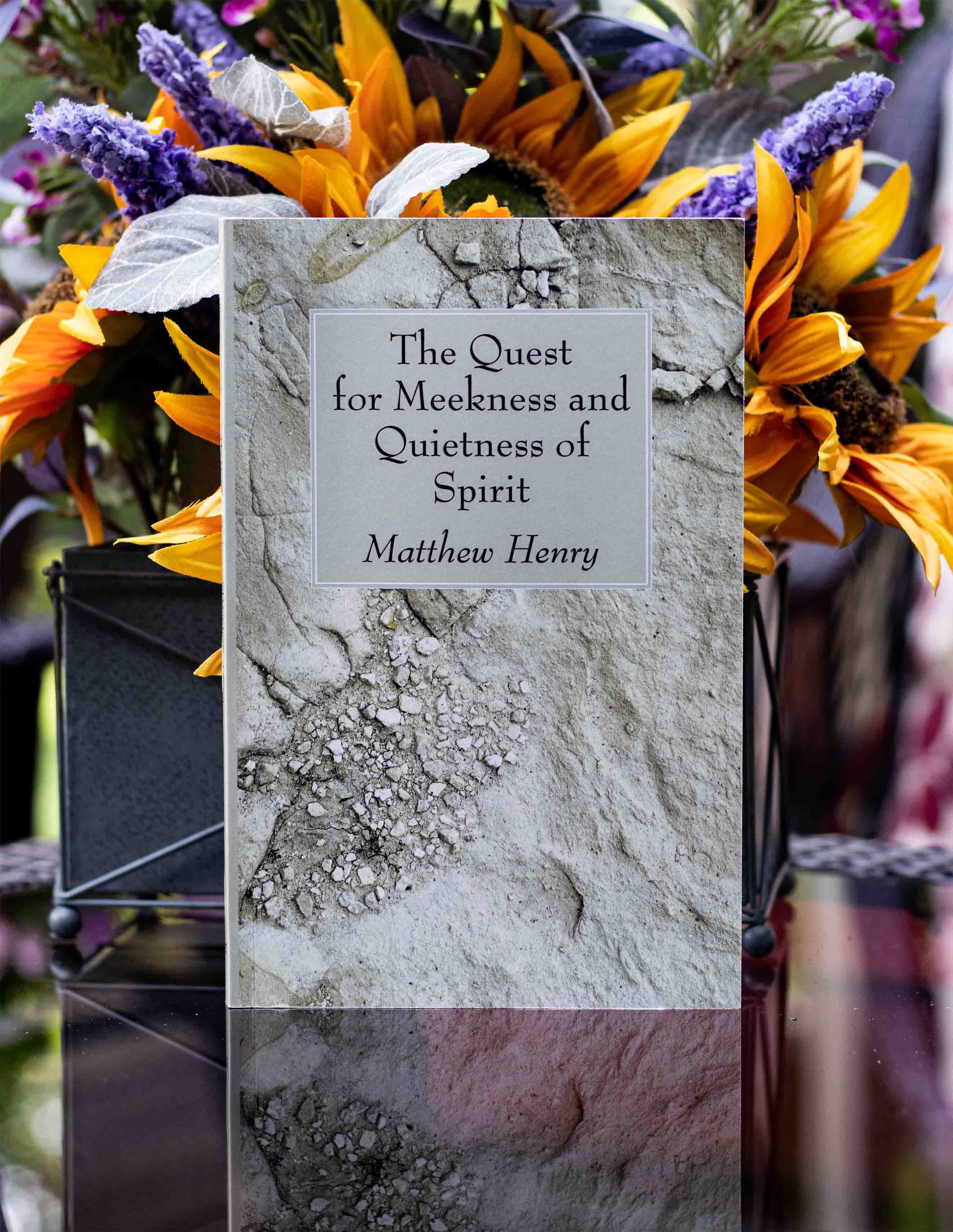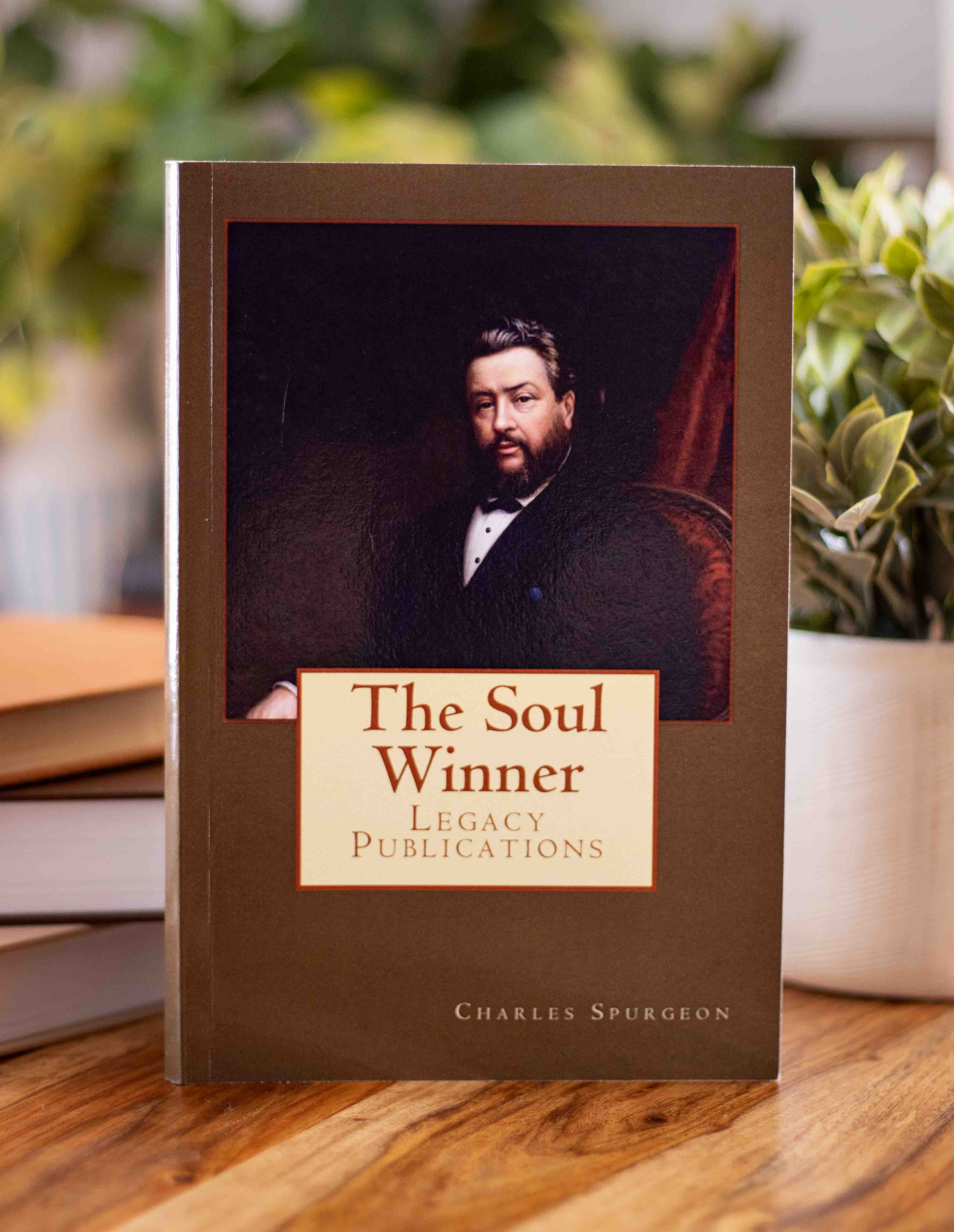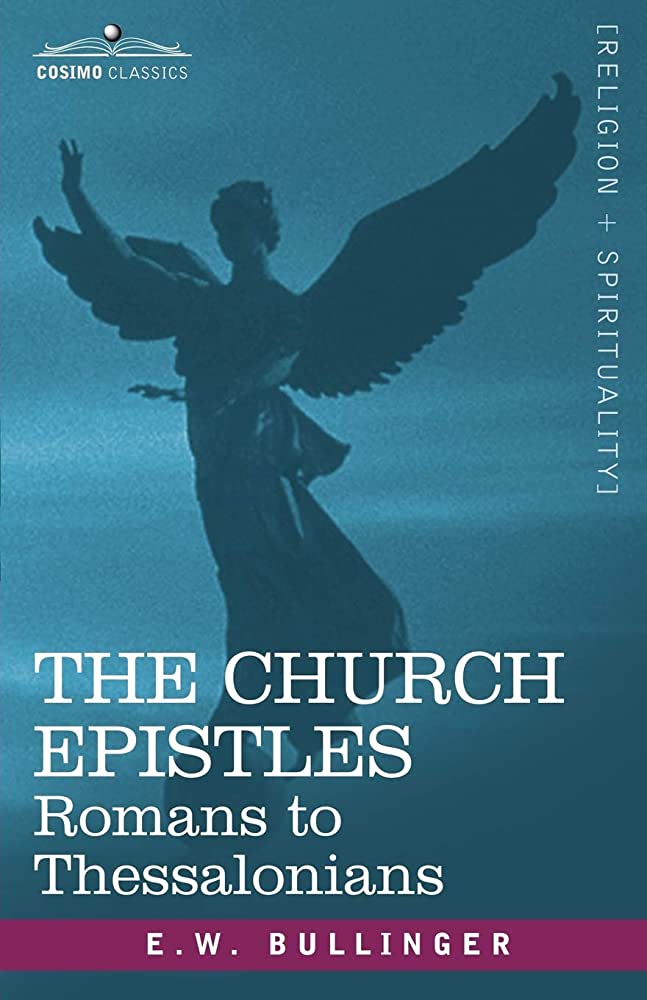Historical Christian Books
Ephesians 4:4-6
“There is one body, and one Spirit, even as ye are called in one hope of your calling; One Lord, one faith, one baptism, One God and Father of all, who is above all, and through all, and in you all.”
John Bunyan
(1628-1688)

The original title of this book was The Pilgrim’s Progress from This World to That Which is to Come when it was first published in 1678. It is an allegory of the soul’s journey and remains one of the most widely read works in the history of world literature.
On the surface, the story follows a man named Christian as he leaves the City of Destruction and journeys to a place called the Celestial City, encountering all sorts of roadblocks and fearsome creatures along the way. But on a deeper level, Pilgrim’s Progress charts the journey of an average Christian person as they strive to leave behind their destructive, sinful ways and get to Heaven.
The story of Christian’s journey is actually a dream that the book’s unnamed narrator is having. In the narrator’s dream, Christian is carrying a heavy burden on his back—the weight of his sins—and doesn’t know how to get rid of it. He’s also struggling with the knowledge that his hometown, the City of Destruction, will soon be destroyed by a fire. When he tells his wife and kids this, though, they think he’s delirious, and they mock and reject him.
Christian soon meets a man named Evangelist who tells Christian that he must escape the impending destruction, and that he must flee by passing through a gate, called the Wicket-gate, in the distance.[1]
[1] Patterson-White, Sarah. “The Pilgrim’s Progress Plot Summary.” LitCharts. LitCharts LLC, 30 Nov 2020. Web. 27 Jul 2023.
“I have written to thee now about the Barren Fig-tree, or how it will fare with the fruitless professor that standeth in the vineyard of God. Of what complexion thou art I cannot certainly divine; but the parable tells thee that the cumber-ground must be cut down. A cumber-ground professor is not only a provocation to God, a stumbling-block to the world, and a blemish to religion, but a snare to his own soul also. Though his excellency mount up to the heavens, and his head reach unto the clouds, yet shall perish for ever, like his own dung; they which have seen him shall say, Where is he? (Job 20:6-7).
Now they count it pleasure to riot in the daytime. But what will they do when the axe is fetched out? (2 Peter 2:13-14).
The tree whose fruit withereth is reckoned a tree without fruit, a tree twice dead, one that must be plucked up by the roots (Jude 12).
O thou cumber-ground, God expects fruit, God will come seeking fruit shortly.
My exhortation, therefore, is to professors that they look to it, that they take heed.” John Bunyan
The Acceptable Sacrifice, written by John Bunyan, was first published in 1688. The following is an updated English version of the author’s thoughts concerning this book.
The sacrifices of God are a broken spirit: a broken and a contrite heart, O God, thou wilt not despise (Psa. 51:17)
This psalm is David’s penitential psalm. It may be fitly so called because it is a psalm by which is manifest the unfeigned sorrow which he had for his horrible sin…Many workings of heart, as this psalm showeth, this poor man had, so soon as conviction did fall upon his spirit.
The Strait Gate or The Great Difficulty of Getting to Heaven was written by John Bunyan and first published in 1676. The following is an updated English version of the author’s thoughts concerning this book.
In this, it is my intention to prove plainly by Scripture, that not only the coarse and profane, but many great who make a profession of faith, will come short of that kingdom.
Enter ye in at the strait gate: for wide is the gate, and broad is the way, that leadeth to destruction, and many there be which go in thereat: because strait is the gate, and narrow is the way, which leadeth unto life, and few there be that find it. (Matt. 7:13–14).
John Flavel
(1628-1665)

Proverbs 4:23 says to keep thy heart with all diligence; for out of it are the issues of life. Our hearts are like fortresses under attack, and we must guard them accordingly. Most people will diligently guard their fortunes and homes, which are of temporal value, but they are very careless about guarding that which is of eternal value their very souls! In this work, originally titled A Saint Indeed or the Great Work of a Christian in Keeping the Heart, John Flavel looks at what it means to keep the heart, how to keep the heart, and why keeping the heart is the greatest business of every person.
Christ Altogether Lovely is a sermon given by John Flavel during the latter end of the 1600’s. Following are the author’s own words concerning this book.
Song of Solomon 5:16 … yea, he is altogether lovely…
At the ninth verse of this chapter, you have a question put forth by the daughters of Jerusalem, “What is your beloved more than another beloved?” The spouse answers, “He is the chief among ten thousand.” She then recounts many of the things she finds so excellent in her beloved and then concludes with these words that I have read: “Yes, he is altogether lovely.”
Who he is: the Lord Jesus Christ, after whom she had been seeking, for whom she was overcome by love; concerning whom these daughters of Jerusalem had enquired: whom she had struggled to describe in his particular excellencies. He is the great and excellent subject of whom she here speaks.
What he is, or what she claims of him: That he is a lovely one. The Hebrew word, which is often translated “desires”, means “to earnestly desire, covet, or long after that which is most pleasant, graceful, delectable and admirable.” The original word is both in the abstract, and plural in number, which says that Christ is the very essence of all delights and pleasures, the very soul and substance of them. As all the rivers are gathered into the ocean, which is the meeting-place of all the waters in the world, so Christ is that ocean in which all true delights and pleasures meet.
Lewis Bayly
(1575-1631)

The Practice of Piety
First Published in 1611
Lewis Bayly
The Practice of Piety was written by Lewis Bayly and first published in 1611. This book is a Puritan devotional manual, directing a Christian on how to live so that he may please God. Following are the author’s own words concerning the miserable state of those not reconciled to God in Christ.
Now adversity on the left hand frets you: anon, prosperity on your right hand flatters you! Over your head God’s vengeance due to your sin is ready to fall upon you; and under your feet, hell’s mouth is ready to swallow you up! And in this miserable estate, where will you go for rest and comfort? The house is full of care, the field is full of toil, the country is full of crudeness, the city is full of factions, the court is full of envy, the church is full of sects, the sea is full of pirates, the land is full of robbers. Or in what state will you live, seeing wealth is envied—and poverty despised; wit is distrusted—and simplicity is derided; superstition is mocked—and religion is suspected; vice is advanced—and virtue is disgraced?
In contrast, are the author’s words regarding the blessed state of those reconciled to God in Christ.
Now let us see how happy a godly man is in his state of renovation, being reconciled to God in Christ.
The godly man whose corrupt nature is renewed by grace in Christ and become a new creature, is blessed in a threefold respect—First, in his life; Secondly, in his death; Thirdly, after death.
Matthew Henry
(1662-1714)

The Quest for Meekness and Quietness of Spirit was written by Matthew Henry and first published in 1698. The following are the author’s thoughts concerning this book.
It is a “meek and quiet spirit”. There must be not only a meek and quiet behavior outwardly; there may be that, either by constraint, or with some base and disguised design, while the soul in the meantime is rough and turbulent and envenomed; the words may be softer than oil, while war is in the heart (Ps. 55:21). But the word of God is a discerner and judge of the thoughts and intents of the heart (Heb. 4:12). The power of men’s laws may bind a man to good behavior, but it is only the power of God’s grace that will “renew a right spirit” within him (Ps. 51:10). It is this that makes the tree good, and then the fruit will be good.
The Secret of Communion with God (How to Begin the Day, Spend the Day and End the Day) was originally two Sunday morning sermons taught by Matthew Henry in Bethnal Green, England on August 13th and August 21st, 1712. Those who heard these lectures pressed for him to publish them. After consideration, he added large additions throughout as well as the third discourse for closing the day with God. And so, the book came into being. The following are the author’s own words concerning this book.
We may be sure of this, and we must pray in the assurance of it, in a full assurance of this faith, that wherever God finds a praying heart, he will be found a prayer-hearing God: though the voice of prayer be a low voice, a weak voice, yet, if it come from an upright heart, it is a voice that God will hear, that he will hear with pleasure, it is his delight, and that he will return a gracious answer to; he has heard thy prayers, he has seen thy tears.
Charles Spurgeon
(1852-1892)
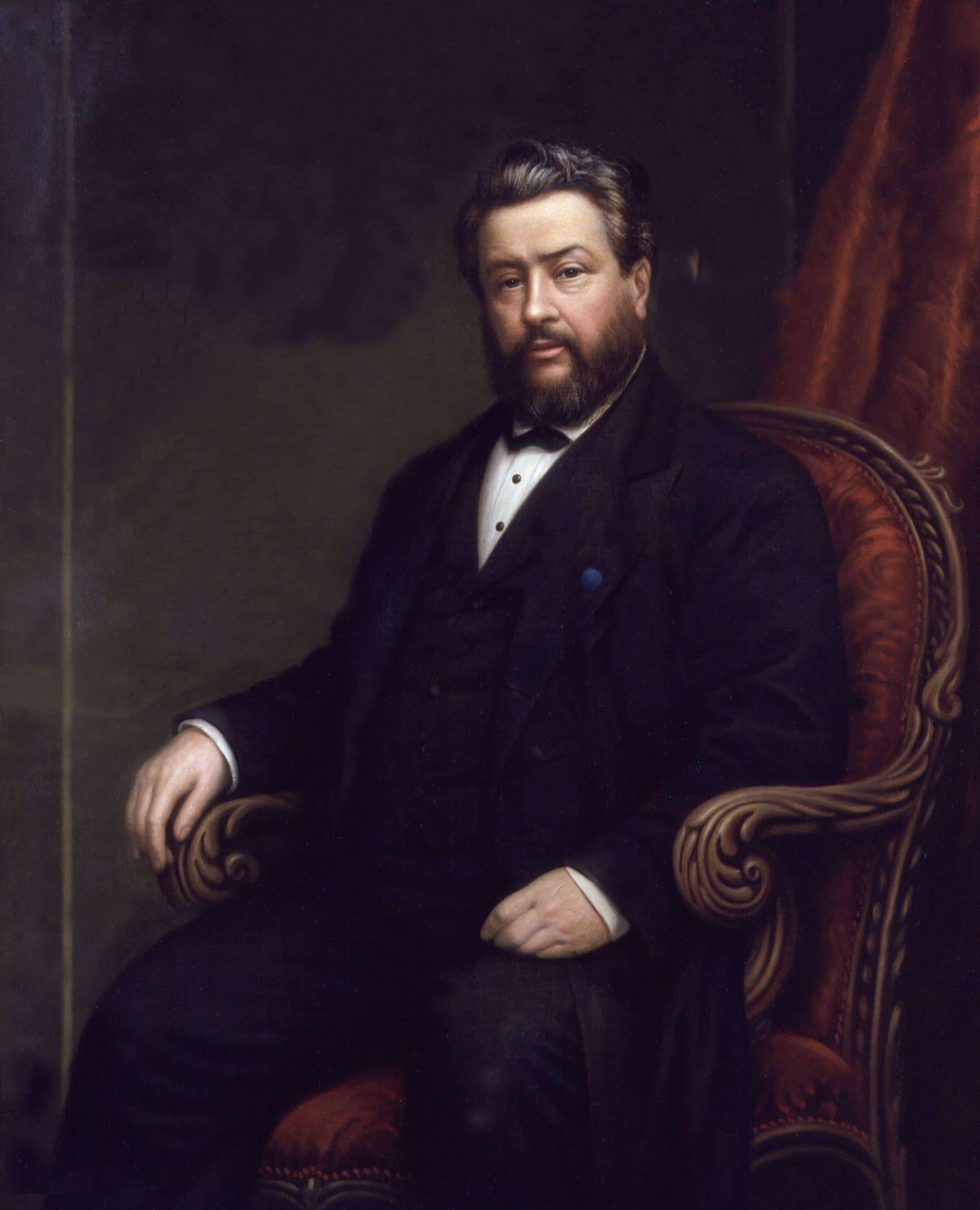
The Treasury of David is a three-volume set written by Charles Spurgeon and first published in 1869.
In the opening of the first chapter, the author describes Psalm 1.
This Psalm may be regarded as “The Preface Psalm,” having in it a notification of the contents of the entire Book. It is the psalmist’s desire to teach us the way to blessedness, and to warn us of the sure destruction of sinners. This then, is the matter of the first Psalm, which may be looked upon, in some respects, as the text upon which the whole of the Psalms make up a divine sermon.
This Psalm consists of two parts: in the first (from verse 1 to the end of the 3rd) David sets out wherein the felicity and blessedness of a godly man consisteth, which his exercises are, and what blessings he shall receive from the Lord. In the second part (from verse 4 to the end) he contrasts the state and character of the ungodly, reveals the future, and describes, in telling language, his ultimate doom.
The Soul-Winner, written by Charles Spurgeon, was first published in 1895. Following are the author’s own words concerning this book.
I purpose, dear brethren, if God shall enable me, to give you a short course of lectures under the general head of “The Soul-Winner.” Soul-winning is the chief business of the Christian minister. Indeed, it should be the main pursuit of every true believer. We should each say with Simon Peter, “I go a-fishing,” and with Paul our aim should be, “That I might by all means save some.”
All of Grace was written by Charles Spurgeon and first published in 1885. Following are the author’s own words concerning this book.
Romans 4:5 But to him that worketh not, but believeth on him that justifieth the ungodly, his faith is counted for righteousness.
He makes those just who are unjust, forgives those who deserve to be punished, and favors those who deserve no favor. You thought, did you not, that salvation was for the good? that God’s grace was for the pure and holy, who are free from sin? It has fallen into your mind that, if you were excellent, then God would reward you; and you have thought that because you are not worthy, therefore there could be no way of your enjoying His favor. You must be somewhat surprised to read a text like this: “Him that justifieth the ungodly.” I do not wonder that you are surprised; for with all my familiarity with the great grace of God, I never cease to wonder at it.
Jonathan Edwards
(1703-1758)
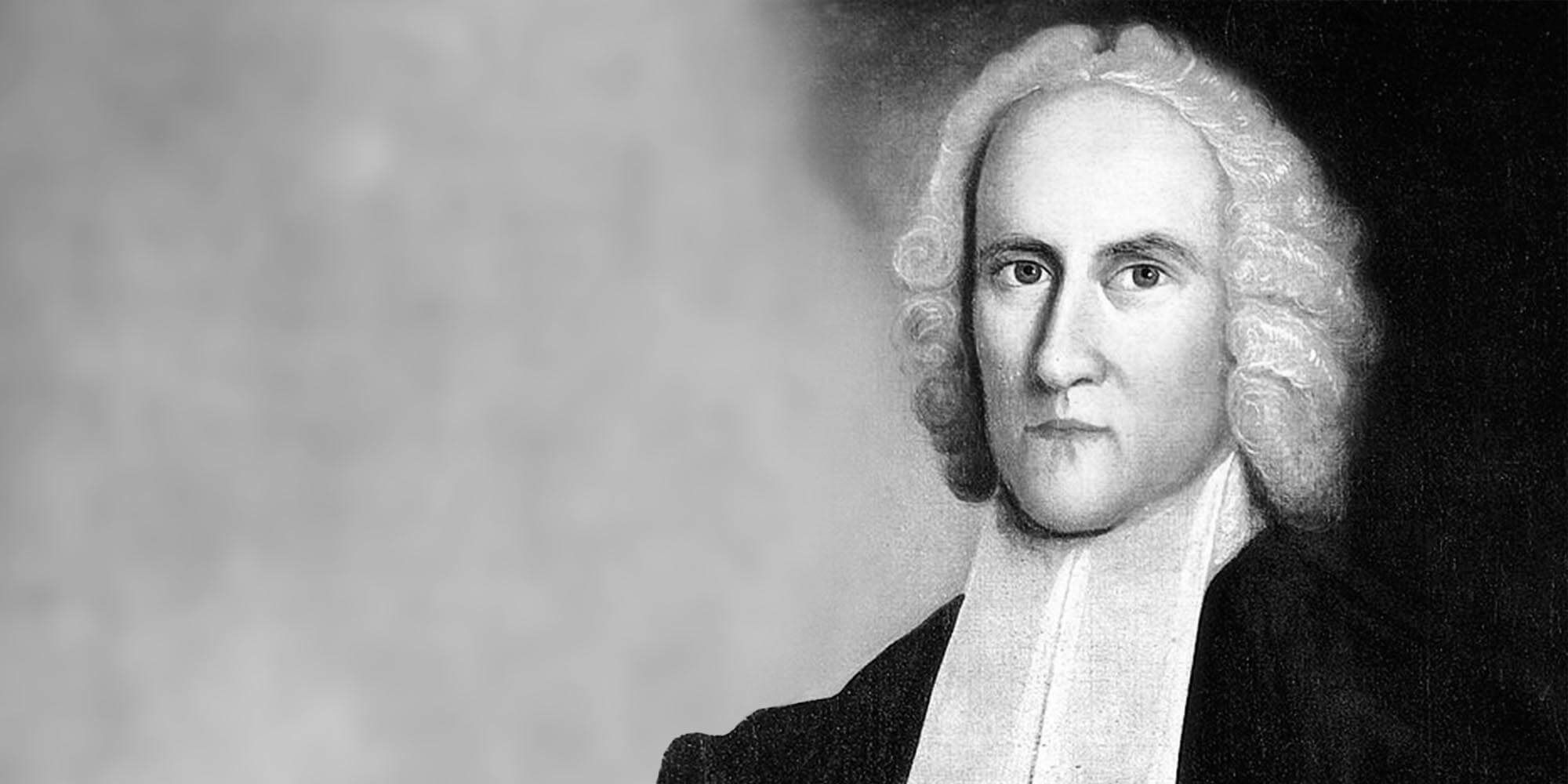
“Sinners in the Hands of an Angry God” is a sermon by Jonathan Edwards that was first published in 1741. The following are the author’s own words concerning this sermon.
Enfield, Connecticut—July 8, 1741
Deut. XXXII. 35
Their foot shall slide in due time.
In this verse is threatened the vengeance of God on the wicked unbelieving Israelites, who were God’s visible people, and who lived under the means of grace; but who, notwithstanding all God’s wonderful works towards them, remained (as verse 28) void of counsel, having no understanding in them. Under all the cultivations of heaven, they brought forth bitter and poisonous fruit; as in the two verses next preceding the text.
George Müller
(1805-1898)
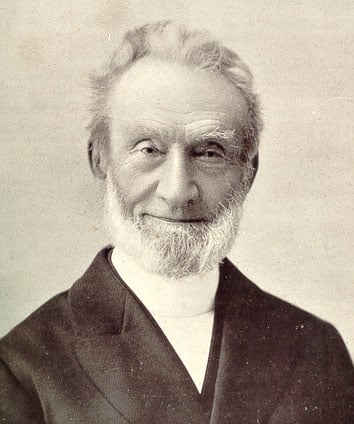
Release the Power of Prayer by George Müller (1805–1898) was originally titled How God Answers Prayer. This book is a compilation of accounts and insights from George Müller’s previous works in which he shares lessons on how “only a life of prayer and meditation will render a vessel ready for the Master’s use.”
Spiritual Secrets of George Muller
First Published in 1992
Assembled by Roger Steer
Spiritual Secrets of George Müller is a selected compilation of George Müller’s writings assembled by Roger Steer and first published in 1985. Following are Roger Steer’s words concerning this book.
Müller lived at a time when the historic Christian faith was under attack: first from those who drew atheistic conclusions from the theory of evolution; then from the development of social theories, including those of Marx, Bentham and Mill, which left little room for Christianity; and finally from a school of Biblical criticism (based in Müller’s homeland) which sought to destroy the supernatural nature of the Bible, seeing it as the record of the growth of religious ideas in human consciousness.
It was against the background that Arthur Tappan Pierson recorded that many readers of George Müller’s Narratives found them ‘the most wonderful and complete refutation of skepticism it had ever been their lot to meet with.’ W. H. Harding said that the ‘story of George Müller’s life presents one of the most striking testimonies to the faithfulness of God that the world has ever seen.’ In 1879 a house agent wrote to Müller and told him that reading the story of his life had totally changed his own inner life to one of perfect trust and confidence in God. The letter was typical of many Müller received. My prayer is that you will find this new collection of Müller’s writings and addresses similarly inspiring.
Dr. E.W. Bullinger
(1837-1913)
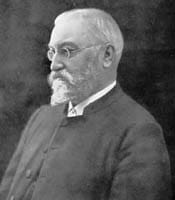
The Church Epistles, written by E.W. Bullinger, was first published in 1902. This book is a study of the epistles from Romans to Thessalonians. The following are the author’s own words concerning this book.
The cause of all the confusion around is that thousands of those who profess to be Christian know little or nothing of these Church Epistles. There is no other profession which they could enter without being able to pass a satisfactory examination in the textbooks set forth for that purpose. There is no position in life that anyone could apply for without being asked how much one knew of its duties and responsibilities. But the Christian ‘profession’ is treated in quite a different manner, and as quite a different matter. Anyone many undertake that, and all the while be totally ignorant of these Church Epistles:–“The Creed, the Lord’s Prayer and the Ten Commandments,” are considered as sufficient for Christian position and profession. Hence the almost total neglect of these Epistles. The four Gospels and the Sermon on the Mount are taken as the essence of Christianity, instead of the Epistles specially addressed to Churches. Hence the great ignorance of Christians as to all that God has made Christ to be unto His people, and all that He has made them to be in Him. Now knowing their standing in Christ, and their completeness and perfection in Him, they are easily led into error concerning their state and their walk.
The Book of Job was written by E.W. Bullinger and first published in 1903. The following are the author’s own words concerning this book.
Few Books of the Bible have received more attention than the Book of Job; both as to translations and as to commentaries. The Apocalypse, perhaps, exceeds it; because of its relation to the future, in which we are naturally more interested.
The Book of Job carries us back to the remote past, and contains the oldest lesson in the world. It is significant that this oldest book should be devoted to imparting that knowledge, in comparison with which all other knowledge sinks into insignificance. It is the lesson which is essential to our having peace with God for Time, and to our enjoying the peace of God for Eternity.
In the first part of this work we have endeavoured to set this forth; and in the Second Part we have given a new translation, concerning which a few words are necessary.
No apology is needed for adding one more to the many excellent presentations of the Book of Job: because there are six points which make this to differ from all previous translations; and which, taken together, make the present effort quite distinctive in its character.
A.W. Tozer
(1897-1963)
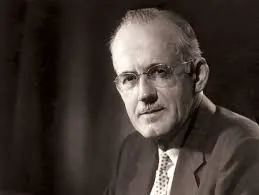
The Dangers of a Shallow Faith
A.W. Tozer
The Dangers of a Shallow Faith: Awakening from Spiritual Lethargy is a compilation of A.W. Tozer’s work edited and published posthumously by James L. Snyder in 2012. The following are Tozer’s thoughts concerning this topic.
The Bible has no compromise whatsoever with the world. The Bible has a message for the evangelical church, calling it back home. The Bible always sends us out into the world, but never to compromise with the world; and never to walk in the way of the world, but only to save as many as we can. That is the one direction.
So, my Christian friend, if you are settling back, snuggling into your foam rubber chair and resting in your faith in John 3:16 and the fact that you have accepted Jesus Christ, you had better watch yourself. Take heed, lest when all is said and done, you have become tied in with the world.
The Crucified Life
A.W. Tozer
The Crucified Life is a compilation of A.W. Tozer’s work published posthumously in 2011 by James L. Snyder. The following are Tozer’s thoughts concerning this topic.
Nothing weighs heavier on my heart than the subject of this study. If it were not such a crucial Bible teaching, one could ignore the controversies and go on to something else. However, such is not the case. The subject of the crucified life is vitally important to the health and growth of the Church.
The Church is not some impersonal abstract floating around in space. Rather, the Church is comprised of individuals who have trusted Jesus Christ as their Lord and Savior. The health of the Church is in direct proportion to the health of each individual Christian.
The Pursuit of God
First Published in 1948
A.W. Tozer
The Crucified Life is a compilation of A.W. Tozer’s work published posthumously in 2011 by James L. Snyder. The following are Tozer’s thoughts concerning this topic.
Nothing weighs heavier on my heart than the subject of this study. If it were not such a crucial Bible teaching, one could ignore the controversies and go on to something else. However, such is not the case. The subject of the crucified life is vitally important to the health and growth of the Church.
The Church is not some impersonal abstract floating around in space. Rather, the Church is comprised of individuals who have trusted Jesus Christ as their Lord and Savior. The health of the Church is in direct proportion to the health of each individual Christian.
Arthur Dent
(1571-1607)

The Plain Man’s Pathway to Heaven
First Published in 1601
Arthur Dent
The Plain Man’s Pathway to Heaven, written by Arthur Dent, was first published in 1601. Following are the author’s own words concerning this book.
One thing, dear Christian, I pray thee let me beg of thee; to wit, that you would not read two or three leaves of this book and then cast it from thee; but that you would read it throughout even to the end. For I do assure you, if there be anything in it worth the reading, it is bestowed in the later part thereof, and most of all towards the conclusion. Be not discouraged therefore at the harshness of the beginning, but look for smother matter in the midst, and most smooth in the close and wind-up of all. For this Dialogue has in it, not the nature of a tragedy, which is began with joy, and ended with sorrow; but of a comedy, which is began with sorrow, and ended with joy. This book meddles not at all with any controversies in the Church, or anything in the state Ecclesiastical, but only enters into a controversy with Satan and sin.
It is contrived into six principal heads; first, it shows man’s misery in nature, with the means of recovery; secondly, it sharply inveighs against the iniquity of the time, and common corruptions of the world; thirdly, I shows the marks of the children of God, and of the reprobates, together with the apparent signs of salvation and damnation; fourthly, it declares how hard a thing it is to enter life, and how few shall enter; fifthly, it lays open the ignorance of the world, with the objections of the same; last of all, it publishes and proclaims the sweet promises of the gospel, with the abundant mercy of God, to all that repent, believe, and truly turn unto him.
C.S. Lewis
(1898-1963)
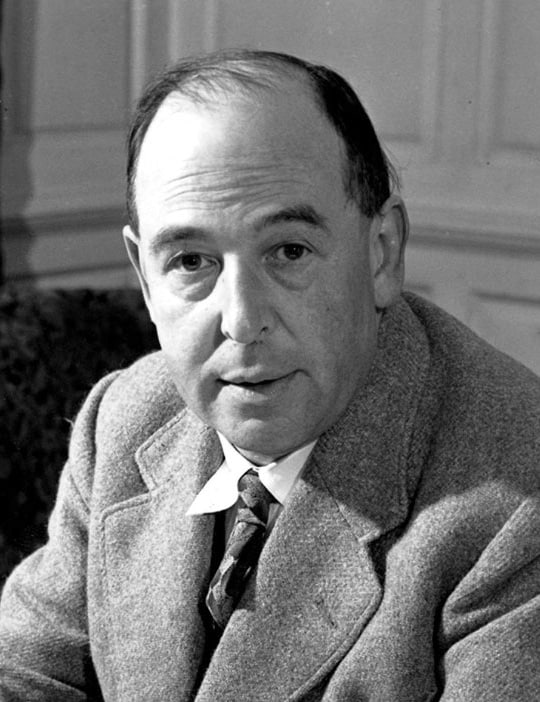
Mere Christianity
First Published in 1952
C.S. Lewis
Mere Christianity was written by C.S. Lewis and first published in 1952. Following are the author’s own words concerning this book.
The contents of this book were first given on the air, and then published in three separate parts as Broadcast Talks (1942), Christian Behaviour (1943) and Beyond Personality (1944). Ever since I became a Christian I have thought that the best, perhaps the only, service I could do for my unbelieving neighbours was to explain and defend the belief that has been common to nearly all Christians at all times.
I will tell you another view that is also too simple. It is the view I call Christianity-and-water, the view which simply says there is a good God in Heaven and everything is all right—leaving out all he difficult and terrible doctrines about sin and hell and the devil, and the redemption.
It is no good asking for a simple religion. After all, real things are not simple. They look simple, but they are not. The table I am sitting at looks simple: but ask a scientist to tell you what it is really made of—all about atoms and how the light waves rebound from them and hit my eye and what they do to the optic nerve and what it does to my brain—and, of course, you find that what we call ‘seeing a table’ lands you in mysteries and complications which you can hardly get to the end of.


